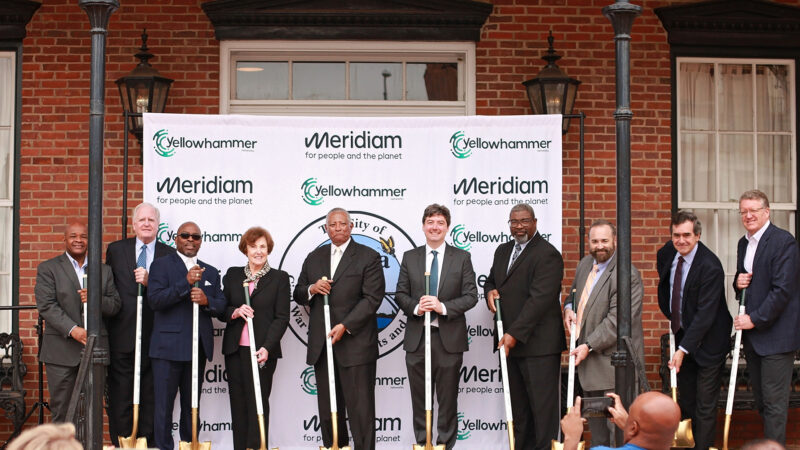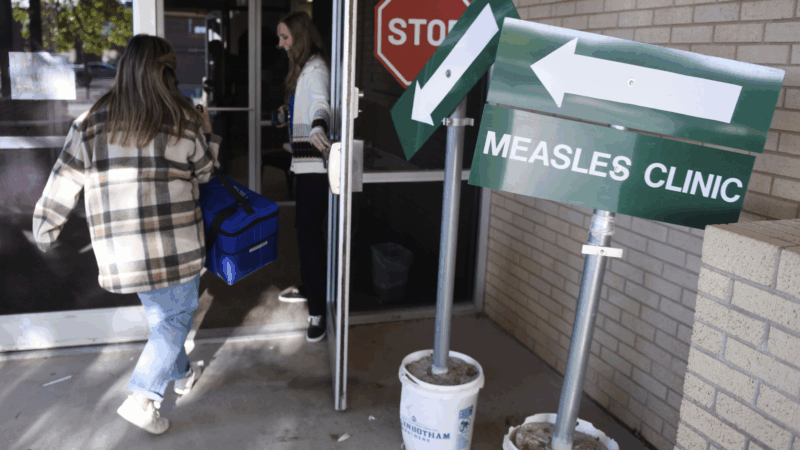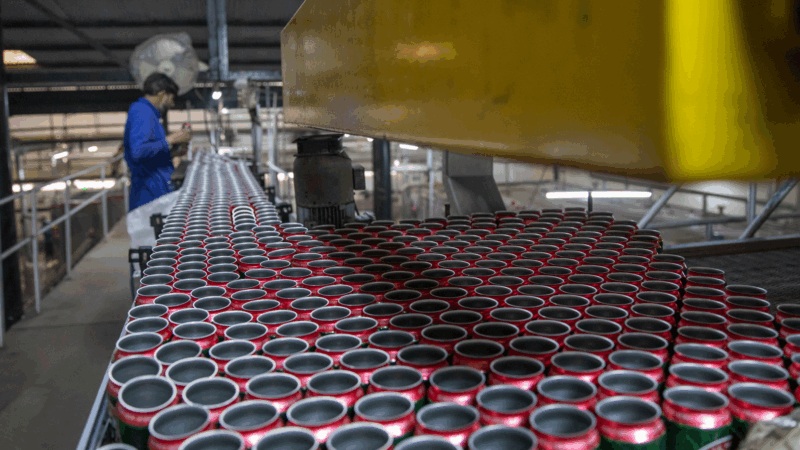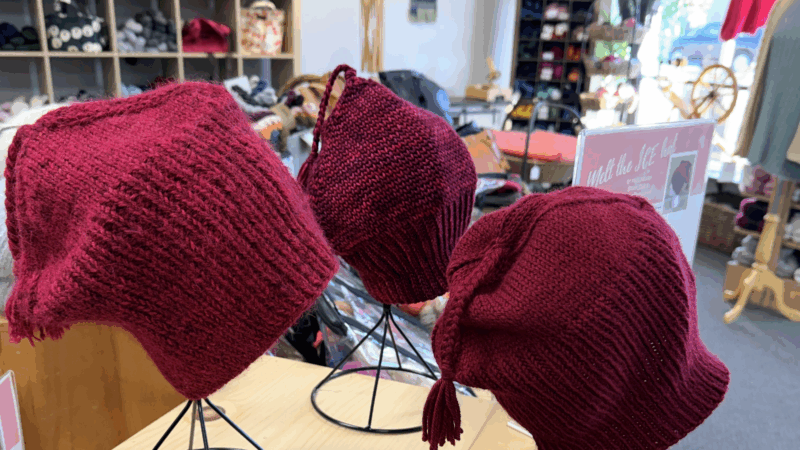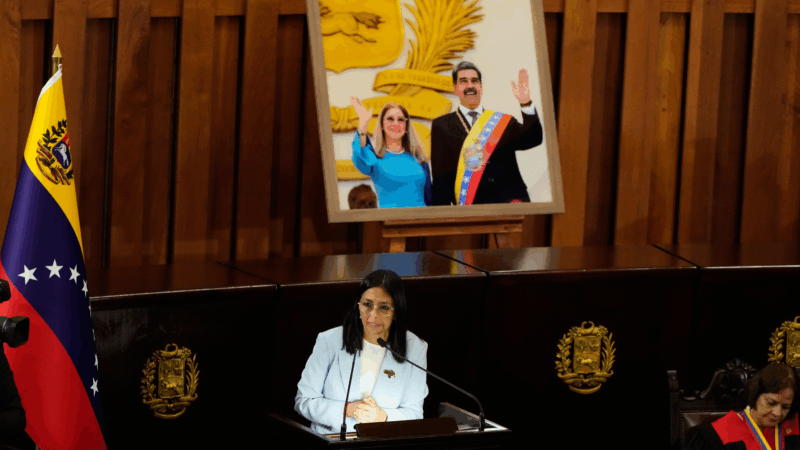This new high-speed fiber internet project aims to close the technology gap in Alabama’s Black Belt
Officials with Meridiam and the City of Selma pose at the groundbreaking for a $230 million broadband internet project on March, 2, 2024, in Selma, Alabama. The Transformative Fiber Infrastructure Project will create a high-speed fiber optic network to provide affordable, and reliable, internet to a portion of Alabama's Black Belt region. The project will add connectivity to 53,000 homes and businesses.
Selma has been the background for many historic moments in Alabama’s history. Now, the city is acting as the launch point for a $230 million broadband internet project which broke ground on March 2.
The project hopes to create a high-speed fiber optic network to provide affordable, and reliable, internet to a portion of Alabama’s Black Belt region.
Meridiam, a sustainable infrastructure investment firm, will finance and develop the Transformative Fiber Infrastructure Project, which will reach around 53,000 homes and businesses. Thierry Déau, the firm’s founder and CEO, said though the company is global, change starts from the ground level.
“If you want to change people’s lives, you have to be local,” Déau said. “It’s not about coming from afar and lending. It’s about really being with the community.”
The communities around Selma are heavily Black and deeply rural. Many residents struggle with poverty, education and having quality, affordable health care. Déau said their work would open up new avenues to accessing the things they’ve had to live without.
“Through technology, people can have access to quite a number of things that driving down the road to a less rural or more urban place would take them a while to,” he said.
Having broadband access isn’t just about being able to log onto a computer every day, but about setting up families to thrive in the ever-changing landscape of the internet.
Data from the Joint Center for Policy and Economic Studies shows that about 38% of Black residents in the rural South don’t have internet access. In Alabama, about 22% of homes don’t have internet services, and the divide is deeper in the Black Belt. For Selma Mayor James Perkins Jr., this project would help bring his city into the digital age.
“We are some of the poorest areas, not just in the state, but in this country,” Perkins said. “The technology disparity that exists in this nation has to be cured.”
That disparity can be felt at Selma University, where Chelsey Wilson, a freshman studying bible theology and Christian education, said she struggles to log in for her lectures and submit assignments. Having high-speed fiber internet would help deepen her studies.
“It means so much to me that we are getting high-speed internet here. I’m extremely excited for it,” Wilson said. “It would mean better access to our classes, better access to research, and by research, I mean different public libraries for research papers we have to write. It would mean a lot better access to just a wealth of knowledge that we need to excel in our courses.”
Alabama is getting rural communities online with Be Linked Alabama, a billion-dollar effort to get homes connected. Gov. Kay Ivey recently announced an allocation of nearly $150 million toward expanding high-speed availability.
The Federal Communications Commission recently changed its guidelines for what is and isn’t considered broadband — bumping the standard up to download speeds of 100 megabits per second and upload speeds of 20 megabits per second — which could help improve standards for streaming, video calls and other services.
The Transformative Fiber Infrastructure Project is expected to be completed by March 2027. Some Selma residents may have services by the summer.
This story was produced by the Gulf States Newsroom, a collaboration between Mississippi Public Broadcasting, WBHM in Alabama, WWNO and WRKF in Louisiana and NPR.
The U.S. will likely lose its measles elimination status. Here’s what that means
The South Carolina measles outbreak is now bigger than last year's Texas outbreak and is happening as the U.S. is poised to lose its measles elimination status.
Israeli strikes kill 23 Palestinians as Gaza ceasefire inches forward
Hospitals in Gaza said Israeli strikes killed at least 23 Palestinians Saturday, one of the highest tolls since the October ceasefire aimed at stopping the fighting.
With decades-long restrictions lifted, a Pakistani brewery has started exporting beer
Drinking is illegal for Pakistan's Muslim majority, but Murree Brewery's beer has long been available to non-Muslims and foreigners there. Now it's being exported to the U.K., Japan and Portugal. Is the U.S. next?
A red hat, inspired by a symbol of resistance to Nazi occupation, gains traction in Minnesota
A Minneapolis knitting shop has resurrected the design of a Norwegian cap worn to protest Nazi occupation. Its owner says the money raised from hat pattern sales will support the local immigrant community.
Want to get stronger? Start with these 6 muscle-building exercises
If you're curious about starting a resistance training routine and not sure to begin, start with these expert-recommended movements.
Venezuela announces amnesty bill that could lead to release of political prisoners
Venezuela's acting President Delcy Rodríguez on Friday announced an amnesty bill that could lead to the release of hundreds of prisoners detained for political reasons.

